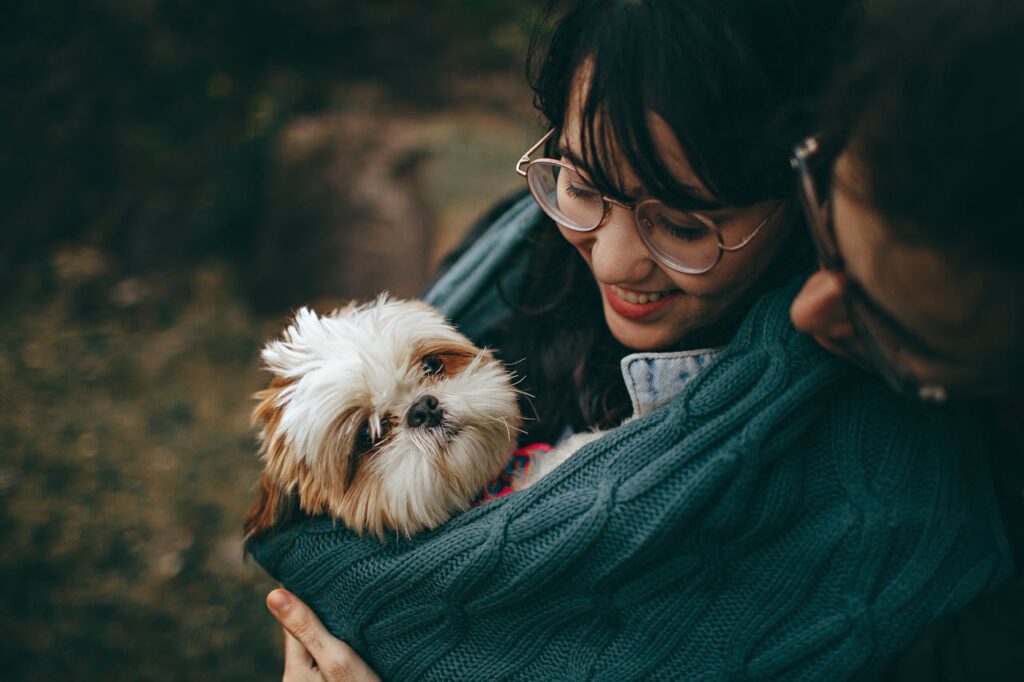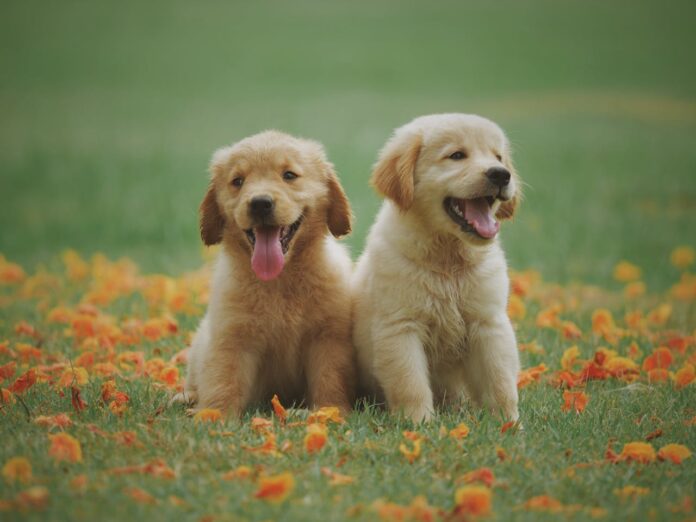It’s incredible how naturally puppies bond with humans. Have you ever met a pup that didn’t want to play? Probably not! Turns out, their friendliness isn’t just adorable—it’s hardwired.
A team of researchers set out to explore just how innate this human-loving trait is. They studied 375 puppies, all about 8.5 weeks old. The pups took part in a series of tasks designed to test how well they responded to and cooperated with human actions.
“These are impressive numbers, similar to the heritability of intelligence in humans,” said Emily Bray, an animal psychologist at the University of Arizona. “Our findings suggest that dogs are biologically prepared for communication with humans.”

Bray and her team are seasoned experts. Their work with Canine Companions, a U.S. organization, gave them deep insight into dogs’ breeding histories and pedigrees.
Using data collected from 2017 to 2020, the researchers created a statistical model. They tested how genes, including factors like sex and breed, interacted with the environment. They found that pups responded eagerly when their handler looked or pointed to a spot where food was hidden.
“We show that even very young puppies can follow a human’s social cues,” Bray explained. “Before they’ve had much experience with people—while still living with their littermates—they’re already skilled at finding hidden food by following a human point.”

In another phase of the study, the team conducted a genome-wide association test. This involved observing various dog breeds over time to uncover which genes influence sociability.
“From an early age, dogs exhibit human-like social skills, which are strongly genetic,” Bray added. “These traits may have been selected during domestication, as wolves with better communication skills were more likely to become our canine companions.”
This research sheds light on how dogs became our loyal, communicative friends, reinforcing that their love for us is truly in their DNA.




